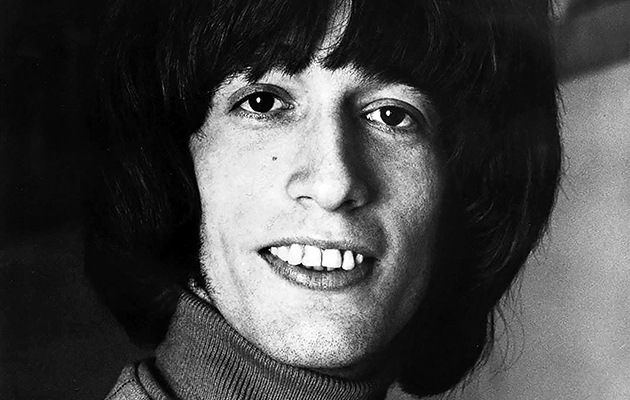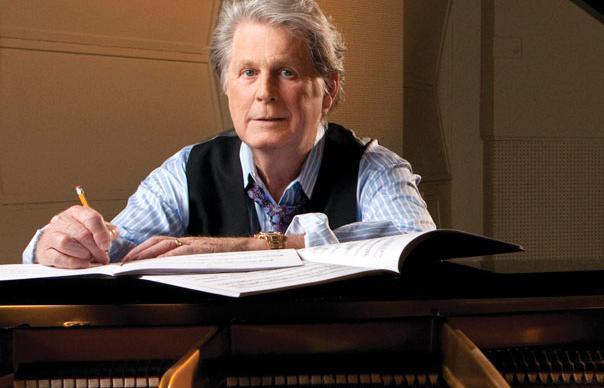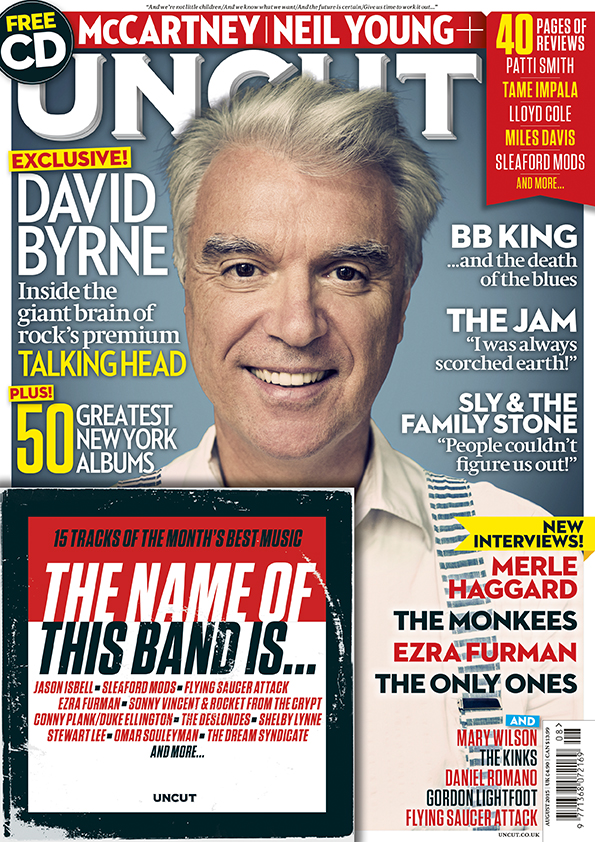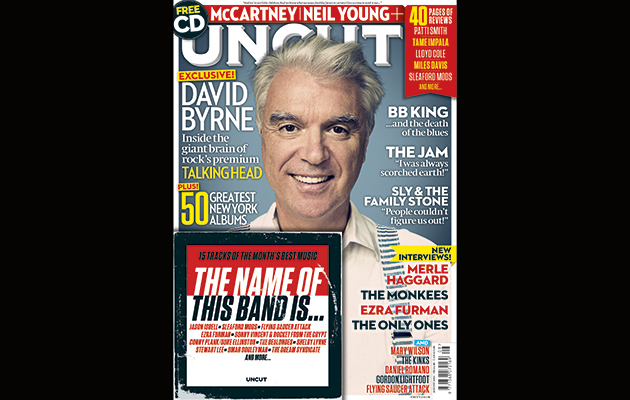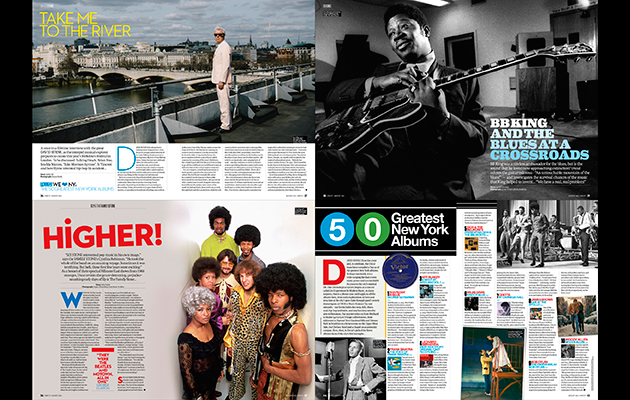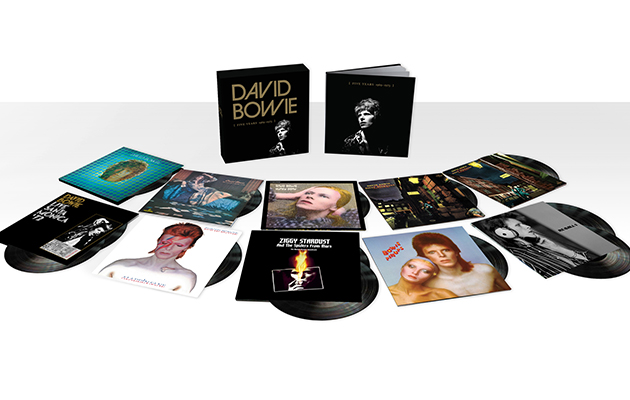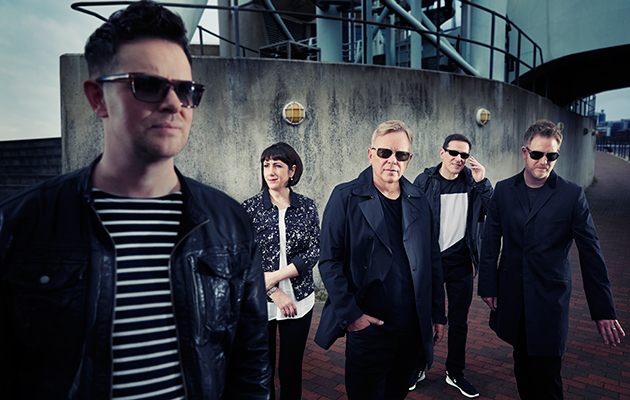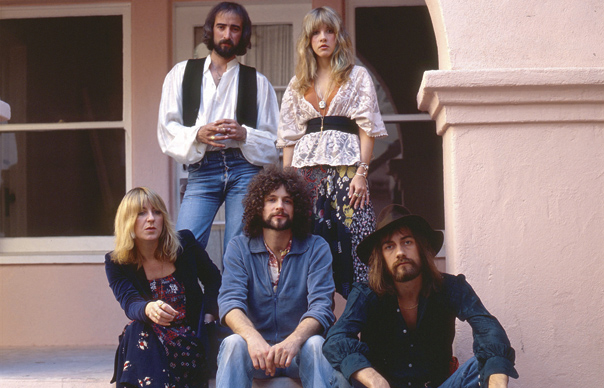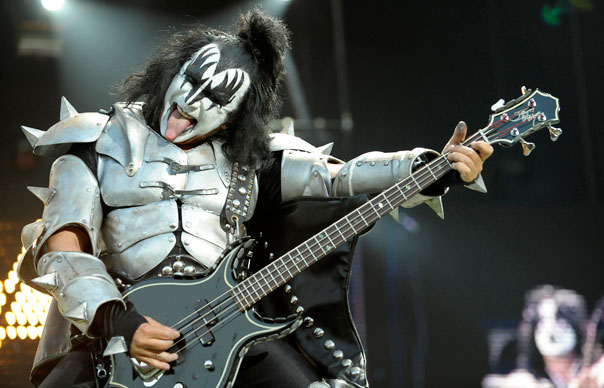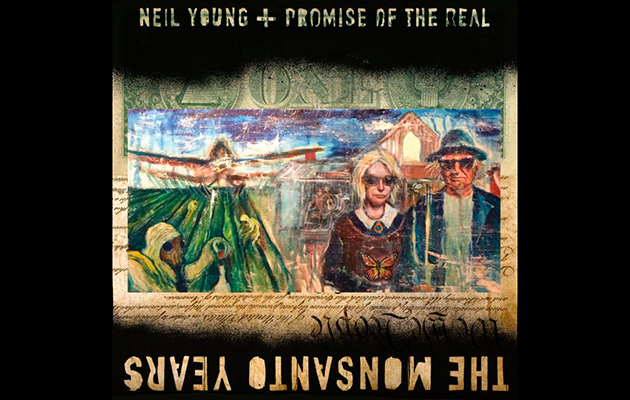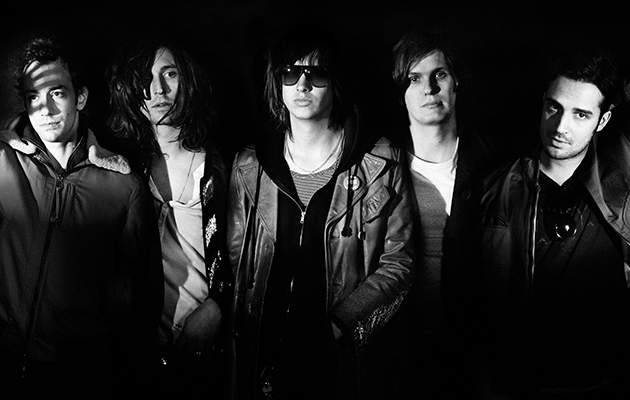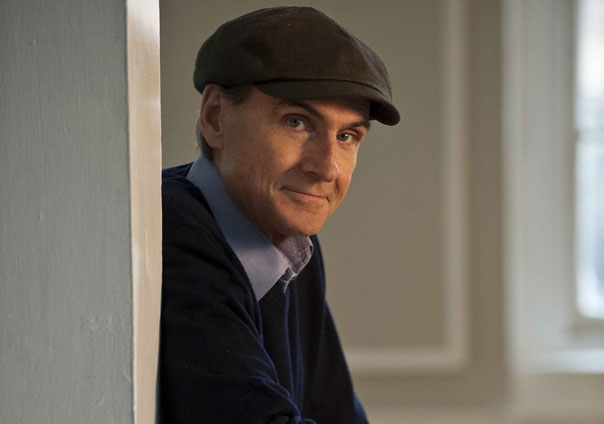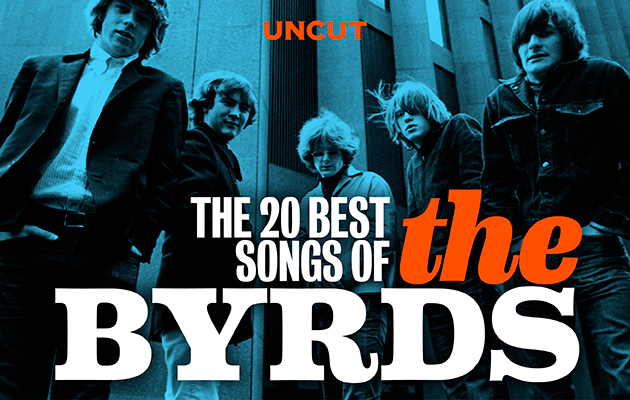For some groups, it’s musical differences; for others, it’s too much blood under the bridge. For The Bee Gees, it was a b-side that ultimately caused the temporary break-up of the fraternal bond. Relations had become increasingly fractious between the three brothers, Robin, Barry and Maurice Gibb, across 1968, as they worked on their semi-conceptual surrealist pop opus, 1969’s Odessa, but it was the decision to relegate Robin’s “Lamplight” to the b-side of brother Barry’s “First Of May”, as Odessa’s lead single, that acted as the catalyst. In March of 1969, Robin made his intentions plain; he was going solo, The Bee Gees were no more.
It’s an odd twist in a tale that gets odder the more you explore. If all you know of The Bee Gees is their pop-cultural presence as leonine, medallioned R&B/disco legends, their 1960s offer some surprises for you. In their first prolific blush, The Bee Gees rose from teen precociousness in Queensland, Australia to make increasingly strange, unpredictable records. Mournful pop songs like “New York Mining Disaster 1941”, “Massachusetts” and “I Started A Joke” were flooded with ornate strings, clanging Beatles guitars, and the quavering, fragile lilt of Robin Gibb’s lead vocals, a man whose voice was caught in perpetual vibrato.
The band had been wildly prolific. Still in their late teens, the brothers Gibb released four albums in two years, one a double – Bee Gees’ First (1967), Horizontal and Idea (both 1968), and Odessa – all swept up in the magic of pop’s halcyon days. No wonder relations were strained. But if Robin regretted the decision, he certainly didn’t show it. Entering one of his most prolific phases, he released a chart-topping single, “Saved By The Bell”, followed by 1970’s Robin’s Reign, his first solo album, which makes up the bulk of the first disc here.
The magic of Robin’s Reign lies in its idiosyncrasy, both lyrically and melodically. While The Bee Gees were pop craftspeople, they were also, on the side, quietly, but convincingly experimental. Here, the first sound you hear is a gently ticking drum machine – some claim this was the first appearance of the drum machine on record – before gilded strings swamp the sensorium, cosseted by the glittering mandolins of “August, October”. Robin’s songs were melancholy, sometimes haunted by real life experience, such as being in the 1967 Hither Green rail crash, sometimes grounded in his unexpected fascinations, like British military history, or everyday observations, such as the memories of family horse-riding trips, in “Cold Be My Days”.
That song is one of the more startling moments on Sing Slowly Sisters, Robin’s ‘lost second album’, finally reconstructed, after a fashion, and released on Saved By The Bell’s second disc. With the master tapes disappeared, or dispersed across the globe, producer Andrew Sandoval had a task pulling a convincing version of the album together, but to his credit, Sing Slowly Sisters as realized here feels of a piece with the hissy bootlegs that have done the rounds over the decades – but with a serious audio upgrade. It’s mind-boggling to think an album so strong could stay unreleased for so long; there are good grounds to claiming this was Robin’s masterpiece. It lights upon far richer territory than Robin’s Reign, which, by comparison, almost feels monomaniacal.
The baroque pop songs on Sing Slowly Sisters are reflective gems. The aforementioned “Cold Be My Days”, swathed in harpsichord and fragile strings, may be the only song in music history to hymn the Warwickshire town of Shipston-On-Stour; “The Flag I Flew” is breathtaking in its sweeping sadness; “Sky West & Crooked” is an acoustic guitar miniature, a glimmer of melancholy; while proposed first single, “Great Caesar’s Ghost”, is measured yet ravishing, Robin’s vibrato finding its perfect home, wrapped in orchestral drapery. While undeniably lush, the overwhelming tenor of these songs is one of almost unbearable sadness.
Saved By The Bell features other gems: BBC sessions, copious demos, and the psychedelically soused song suite, “Hudson’s Fallen Wind”, a twelve-minute mini-epic that suggests Robin could have cut it up there with the Syd Barretts and Arthur Lees of the world. But by returning Robin’s Reign to the land of the living, and finally giving form to Sing Slowly Sisters, this triple-disc set not only acts as public service: it also reminds of Robin Gibb’s wild, inspired two-year taste of freedom, before The Bee Gees regrouped for their second, unexpectedly world-beating run.
EXTRAS: Liner notes from Saint Etienne’s Bob Stanley.
Q&A
ANDREW SANDOVAL
I hadn’t realized, until I read your notes for the reissue, that this was a ten-year project. What was the most exciting moment for you?
Given that it was so long in the process, the most exciting thing was discovering a tape source for the song “Everything Is How You See Me”. It was on a four-track format, the session reels had vanished. [Also] locating other collectors, like Ben Sumner, who had Robin’s lost Scrooge opus, “Ghost Of Christmas Past”. It was on a reel to reel that Robin had taken home and recorded some demos over… A collector named Kenn Norman had Robin’s incredible “Hudson’s Fallen Wind” on a 12″ acetate and graciously loaned us the original.
There’s a particular intensity in the love that some fans have for this material – how were the responses to your project from the fanbase?
It was intense for sure, with not every fan being on board due to a lot of interpersonal rivalries. However, when the project really finally came together through Robin’s estate, there were some last minute discoveries that iced the cake for many. I have a feeling that following this release, more Robin recordings from this period will surface from fans.
What do you think Robin would make of this collection?
I think he would have been immensely proud; the Gibbs were never short of songs, so it made spotlighting one era of creativity difficult for them during his lifetime. Robin’s solo work in particular had come at a traumatic time in the family, with Robin spreading his artistic wings solo at the expense of brotherhood. They all grew in the process, but the period was dark for them. Taken on their own, his recordings marked the first time you could really see his contribution to their art.
INTERVIEW: JON DALE
The History Of Rock – a brand new monthly magazine from the makers of Uncut – goes on sale in the UK on July 9. Click here for more details.
Meanwhile, the August 2015 issue of Uncut is in shops now – featuring David Byrne, Sly & The Family Stone, BB King and the death of the blues, The Monkees, Neil Young, Merle Haggard and more


